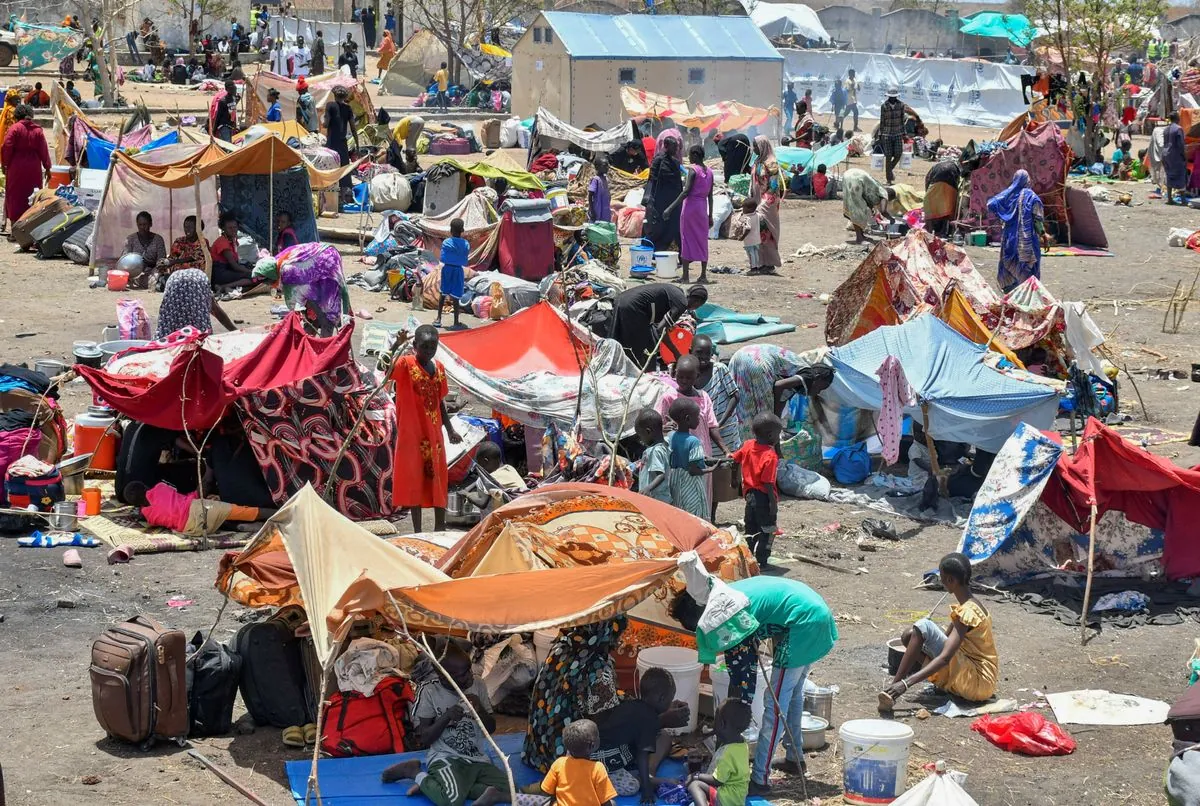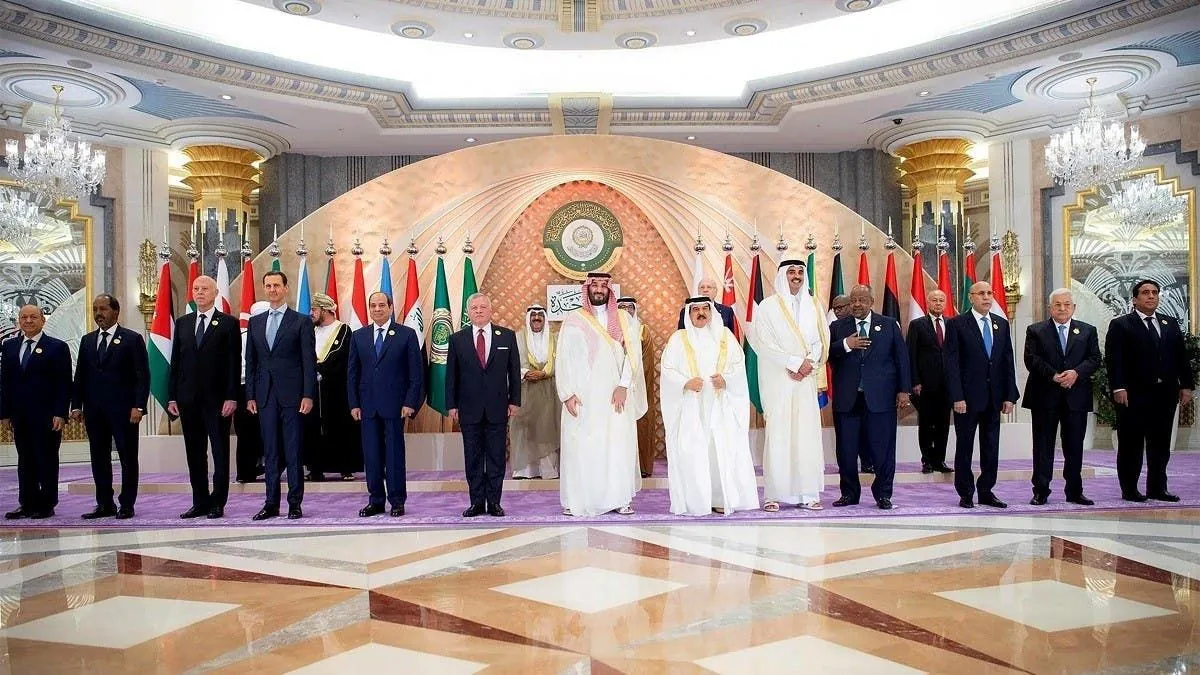Sudan's Humanitarian Crisis Deepens Amid International Inaction
Sudan faces a worsening humanitarian crisis as international efforts falter. The UN Security Council's inaction and inadequate aid response exacerbate the situation, while the RSF continues to operate unchecked.

Sudan, the third-largest country in Africa by area, is experiencing a severe humanitarian crisis exacerbated by ineffective international response. The ongoing conflict, primarily driven by the Rapid Support Forces (RSF), has led to widespread destruction and a humanmade famine.
The United Nations Security Council, comprising five permanent members including China, France, Russia, the UK, and the USA, has been criticized for its delayed action in addressing the crisis. Findings from the UN Panel of Experts on Sudan have revealed "credible" allegations of the United Arab Emirates (UAE) violating Darfur's arms embargo by supplying weapons to the RSF. However, discussions on this matter have been repeatedly postponed, undermining efforts to resolve the conflict.
Diplomatic initiatives have proven ineffective in protecting civilians. The Jeddah Declaration, signed in 2023 to commit warring factions to protect civilians and vacate public facilities, lacks concrete enforcement mechanisms. Tom Perriello, the U.S. special envoy for Sudan, has not provided any substantial plans to implement these commitments.

The international community's financial response has been inadequate. In February 2024, the UN made a $4.1 billion appeal for humanitarian aid, but only a fraction of this amount has been met. This severe underfunding leaves millions of Sudanese refugees and internally displaced persons without essential support.
The RSF, which originated from the Janjaweed militias in Darfur, has been responsible for much of the violence and destruction. Since taking control of Jazirah state in December 2023, the RSF has actively destroyed food reserves, leading to a humanmade famine. The situation worsened on June 26, 2024, when the RSF advanced on Sennar, displacing over 150,000 people.
Médecins Sans Frontières (MSF), an organization founded in 1971 that operates in over 70 countries, reports that the RSF is targeting local hospitals and blocking aid in Darfur. In El Fasher, the capital of North Darfur state, more than 800,000 civilians are trapped, with critical medical supplies being blocked by the RSF.
"The RSF's blockade of medical supplies threatens to leave the Saudi Hospital, one of the last working health facilities in El Fasher, without critical resources. This deliberate targeting of essential services is exacerbating an already dire humanitarian crisis."
Political maneuvering has further complicated efforts to address the crisis. In April 2024, the UK intervened to change the format of a UN Security Council meeting, preventing Sudan from directly presenting its case. This action prioritized commercial interests with the UAE over humanitarian concerns.
The international community must take immediate action to protect civilians, hold perpetrators accountable, and deliver on financial commitments. The UAE and the RSF should face consequences for their alleged crimes. International human rights organizations, such as the Raoul Wallenberg Centre for Human Rights, are campaigning to hold the UAE accountable through various legal avenues.
The International Criminal Court, which has had jurisdiction over Darfur since 2005, should leverage its authority to prosecute crimes against humanity in the region. A unified international effort is crucial to address the root causes of the conflict and alleviate the suffering of the Sudanese people.


































